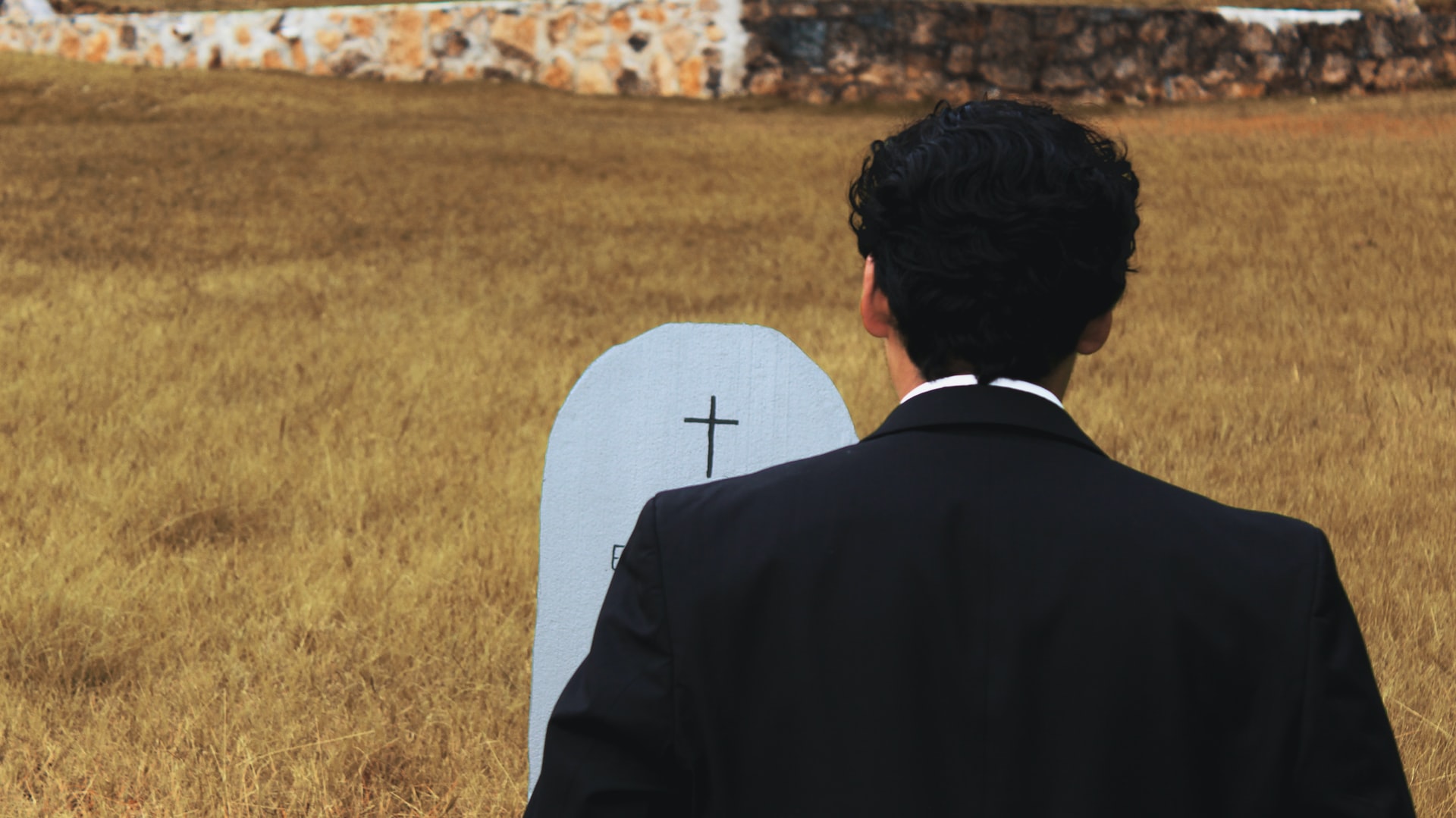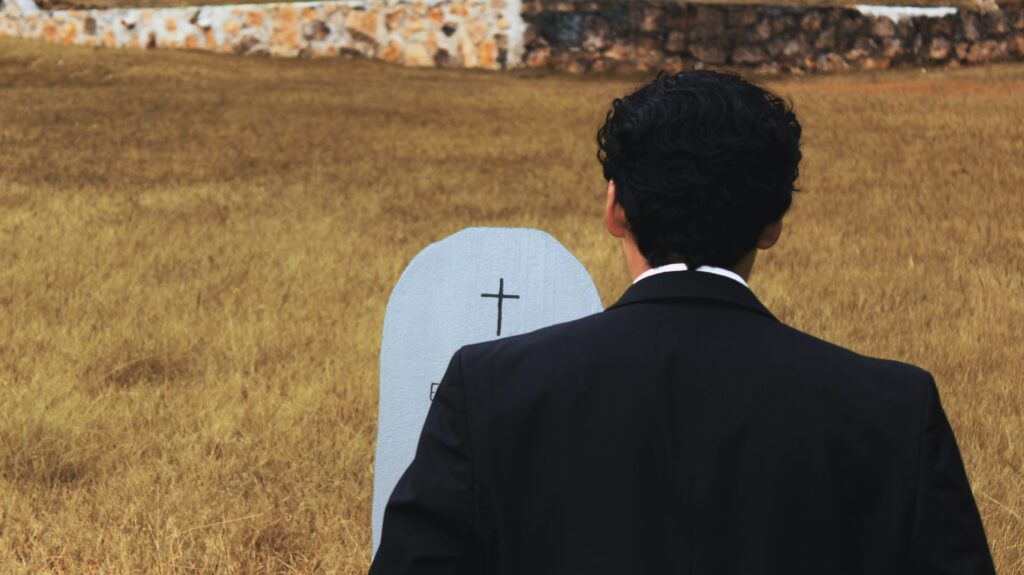I waffle a lot when it comes to death. Sometimes I welcome the idea, especially when faith in being united with Christ is high, when the weight of the world and its heartache is great. But other times I fear death, when I realize how quickly life passes by, or when my faith flitters and the reality that, despite all we believe, we don’t truly know what happens next.
Although I don’t necessarily fear the traditional fiery torment of hell, sometimes I find annihilation and the thought of ceasing to exist to be more frightening than eternal torment. I can get so enraptured with the beauty of this life that I can’t imagine heaven being any better, or I so love my life that I don’t want to die because I don’t want this incredible life to end. At other times, I long for Jesus to take me home, take us all home, when I feel the deep pain and sadness of the suffering of the world.
I spend time thinking about death: my death and death in general. I like reading books and watching movies that honestly wrestle with the reality of death, not just killing the bad guy. I’ve recently enjoyed The Book of Two Ways by Jodi Picoult (the main character is a death doula), and Smoke Gets in Your Eyes by Caitlin Doughty (a memoir of a woman who worked at a crematorium and then became a licensed mortician in the hope of reshaping funeral practices), and I’m always open to suggestions for books that take an interesting look at death.
But reading Ecclesiastes I’m still not sure what to think. We all die regardless of the value of our time on earth. The writer of Ecclesiastes really drives home the point that when you’re dead, you’re dead, and everything you’ve been vanishes. He says, “In the grave, where you are going, there is neither working nor planning nor knowledge nor wisdom” (9:10).
Our understanding of the afterlife has developed since then: a new heaven and new earth, with Jesus preparing rooms for his people. My understanding of life and death, and heaven and earth, is so heavily built on this idea that we all die and then “go to heaven,” that this Ecclesiastical idea that we live our meaningless life and then, whether good or bad, we all just die and cease to be is both jarring and refreshing.
The idea that there is nothing after this life, and I cease to be, scares me, but it simultaneously invigorates me to make the most of my life while I have it. There’s a phrase used regarding some Christians: they’re “too heavenly bound to be any earthly good.” If I can somehow hold in tension the hope of heaven while striving to fully embrace and enjoy my life, or, as Ecclesiastes says, “Enjoy life with your wife, whom you love, all the days of this meaningless life that God has given you under the sun” (9:9), not just surviving in a cosmic waiting room, but revelling in the splendour of this life, maybe Ecclesiastes can help me live better and die better.
I hope I can be, and do, some earthly good. Maybe it’s a picture of the Kingdom of God. The kingdom is both already and not yet. It is mysteriously both fully here in this life and yet more than here in this life. The kingdom is yet to be fully consummated, but we are still participating in it. Maybe death and life are kind of like that: Life is good, but a fuller good is awaiting us in death, whatever that might look like.
Joshua Penfold (penfoldjoshua@gmail.com) waffles while he wanders through the written word.
Read more Tales from the Unending Story:
Like an adult on a spinning teacup
Living in the middle
Launched into oblivion
Sovereign of good and bad
God as our inheritance








Leave a Reply
You must be logged in to post a comment.